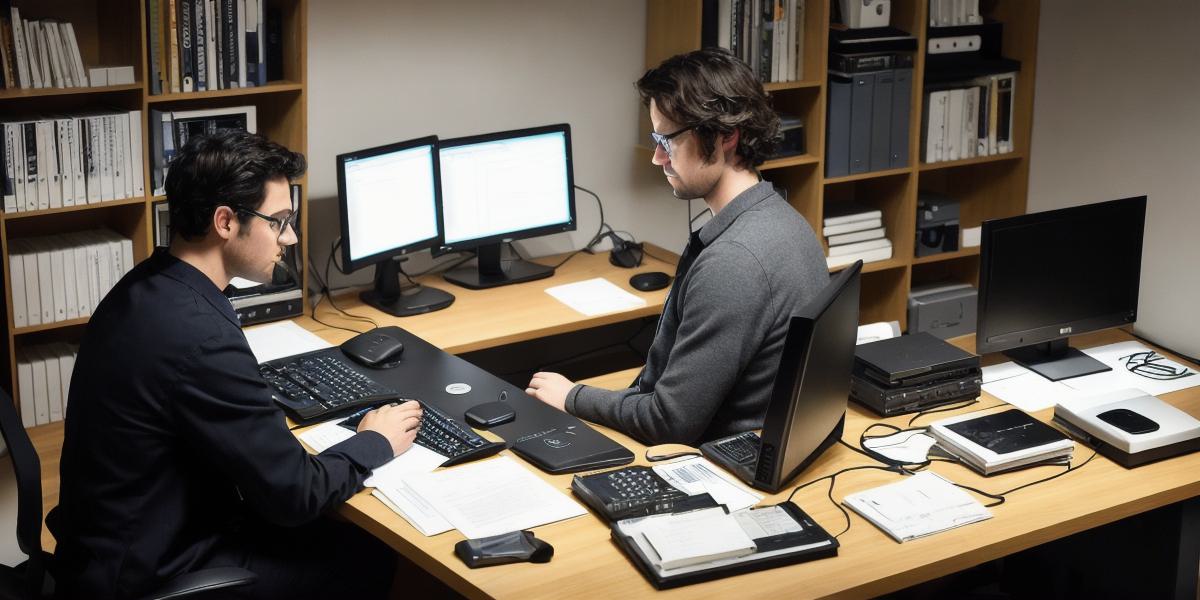Will AI Take Over Programming? A Comprehensive Look

Introduction:
As technology advances, artificial intelligence (AI) is increasingly being seen as a threat to human jobs, including those in programming. However, this narrative is not entirely accurate. While it’s true that AI can automate some aspects of programming, there are still many skills that only humans can possess. In this article, we will explore the future of programming and determine whether AI will truly take over or if it will instead augment human capabilities.
Will AI Take Over Programming?
AI has the ability to analyze large amounts of data and identify patterns, which makes it particularly useful for tasks such as data analysis and machine learning. However, programming requires more than just technical skills. It also involves problem-solving, critical thinking, and creativity. While AI can assist with these tasks, it cannot replace human intuition and creativity.
Case Study: Google’s AlphaGo
Google’s AlphaGo is a prime example of AI taking over programming in some aspects. In 2016, AlphaGo defeated the world champion in the game of Go. This was an impressive feat, but it was not due to AI’s ability to program the game itself, but rather its ability to analyze and interpret patterns in the game. However, this does not mean that AI will be able to replace all human programming skills.
Expert Opinion: "AI will augment human capabilities, not replace them," says Dr. Fei-Fei Li, a computer science professor at Stanford University and the co-founder of the Google Brain team.
Real-Life Example: Uber’s Self-Driving Cars
Uber is working on self-driving cars that will use AI to navigate roads and make decisions in real-time. While this technology has the potential to revolutionize transportation, it still requires human oversight and decision-making capabilities. The self-driving cars must be able to interpret their surroundings and make quick decisions in response to unexpected events.
FAQ:
Q: Will AI replace all human programmers?
A: No, AI will augment human capabilities, not replace them.
Q: What tasks can AI automate?
A: Tasks such as data analysis and machine learning are particularly well-suited for AI automation. However, programming requires more than just technical skills and cannot be fully automated.
Q: How do self-driving cars work?
A: Self-driving cars use AI to navigate roads and make decisions in real-time. However, they still require human oversight and decision-making capabilities.
Conclusion:
While AI has the potential to automate some aspects of programming, it cannot replace the creativity and critical thinking skills that are required for this job. The future of programming will likely involve a combination of human and AI capabilities, with humans taking on more strategic roles while AI handles the repetitive and mundane tasks. Ultimately, the key to success in programming will be to continue learning and adapting to new technologies and tools.








